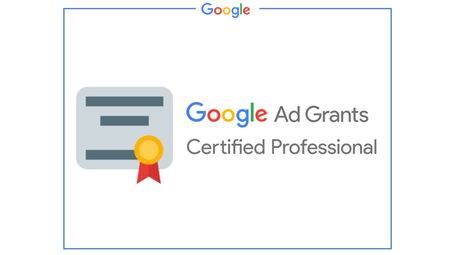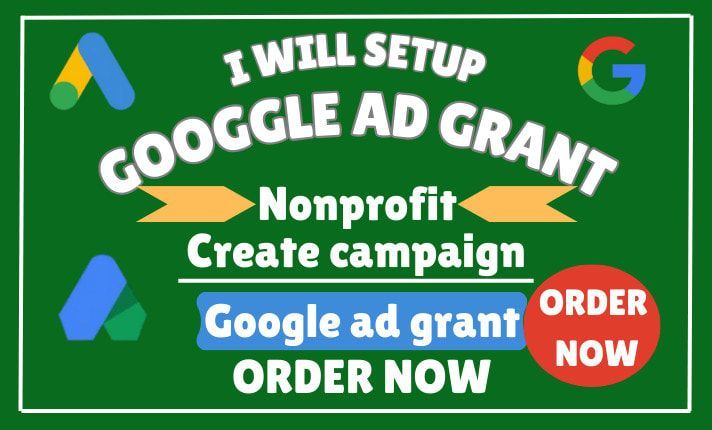


We’re huge advocates of the Google Ad Grants programme and we love helping charities take full advantage of this free addition to their budget. Our specialised management strategies will help you utilise your grant for maximum impact.
Let us take the frustration out of getting started with a Google Ad Grants account and help you get the most out of the programme.
We’ll get you registered, build (or rebuild) your account and set up meaningful conversion tracking to ensure you’re compliant with Google’s policies and eligibility criteria.
Finding the time to manage and optimise a Google Ad Grants account can be hard, even if you’ve got the necessary skills and understanding in-house.
Our monthly account management covers keyword and bid optimisation, ad copy creation, bid strategy experiments, script creation for task automation, reporting and more.
As you evaluate your campaign metrics, change your perspective of underperformance. Optimization doesn’t strictly target failing elements of your Google Ad Grant efforts but makes every aspect of your advertising more successful.
As you narrow your optimization from account structure to individual ads, consider which ones produce the greatest results. Then, adjust the rest of your ads to mimic this strategy. For example, if you find that your highest-performing ad highlights a unique attribute of your organization’s work, you might incorporate that fact into the copy of your other ads. In general, to improve your ads, you can:
Rephrase your ad copy. The ad copy is the meat of your advertisement. Make it compelling but concise, and use the keyword or its variations to draw in your audience. A tempting call to action will also prompt searchers to click on your ad, especially if it’s specific and relevant to the search.
Link to targeted landing pages. You’ll have varying ads for different keywords, and specificity here is key. If your ad’s headline is misleading, users will quickly become disinterested in the content of your landing page. In contrast, a landing page that is highly specific to the purpose of the ad will retain site visitors and ultimately prompt them to get involved.
Revise your ad groups. Make sure that the associated keywords for your ad groups are still relevant to your target audience. Also, build out your ads so that you’re using 3-5 ads per group. This variety allows you to try different targeting methods to determine what tactic is most successful.
Organize your campaigns. Campaign management can also impact the way you plan and develop your ads. Assign a theme to each campaign and use those categories to target broader ideas with specific keywords. For example, an animal shelter’s campaign theme might be “adoptions” and the targeted keywords for different ad groups could be “spring kitten adoptions” and “no-fee dog adoptions.” Another theme would be “animal fosters” with keywords such as “dog foster application” and “cat foster fees.”
Although some tactics for Google Ad Grant management require technical account optimization and research, your actual ads are the component that has the potential to convert a user into a supporter. Adjust your ads based on what you know about your supporters and revisit them regularly to make changes as needed.




